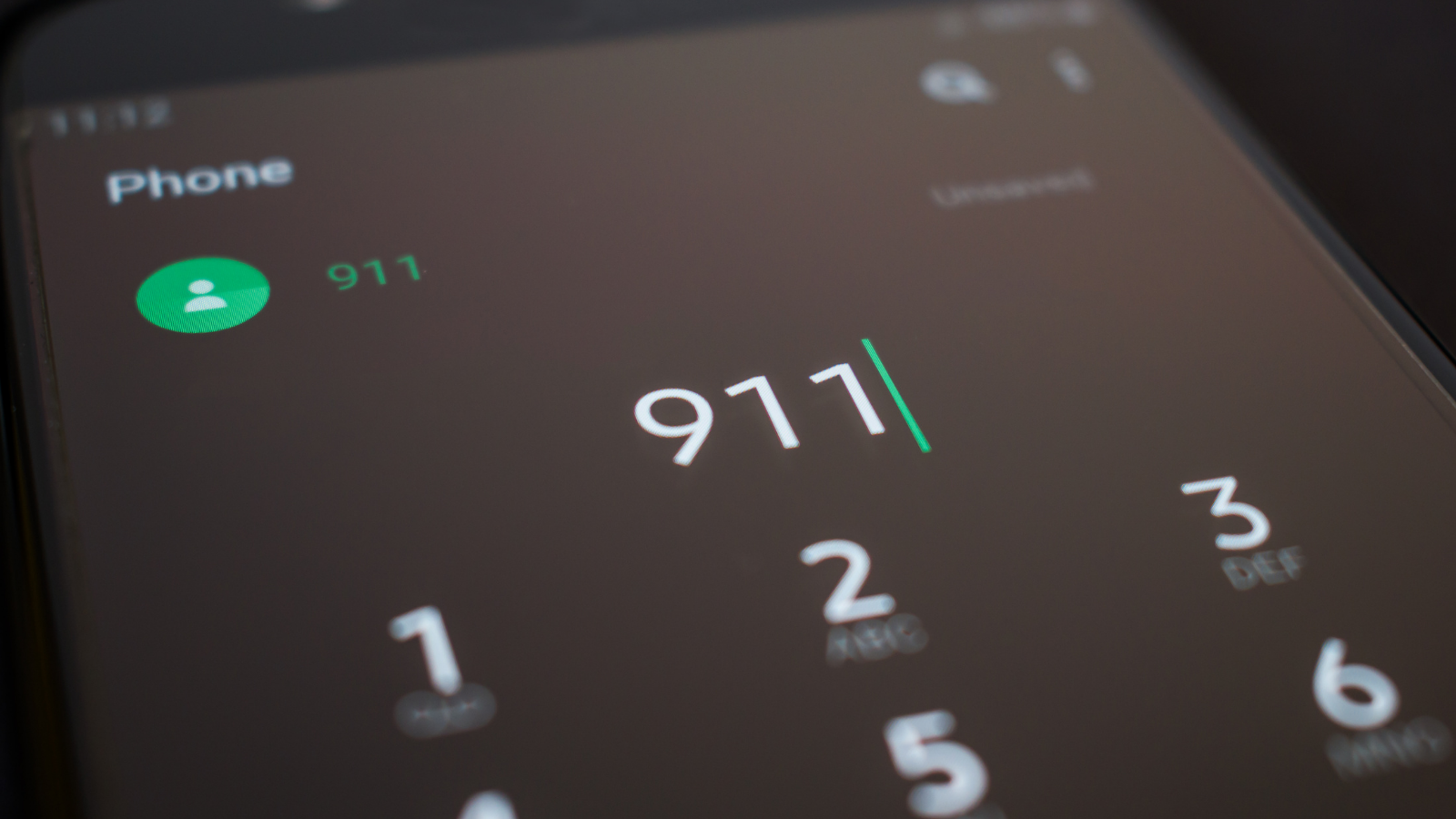
Take a close look at your cellphone bill. On it you may see things like a monthly service charge, voice and messaging charges, and various taxes and fees. You’ll also typically see a line item for 911 service, a relatively small fee that either states or localities (or both) charge to support emergency calling services.
Therefore, the 911 fee supports emergency service communications . . .or does it?
Some 911 funds are being raided to pay for services other than emergency calling services.
Each state collects and allocates 911 fees differently, and this is gathered, analyzed, and reported on annually by the FCC. The FCC found that:
In 2017, the total amount of 911/E911 funds diverted by all reporting jurisdictions was $284,968,912.66
These funds are intended to help keep Americans connected to emergency services, so why are we paying a fee that might not be used for its intended purpose?
This deceptive practice has to stop. Some legislators agree. Last Congress, the 911 Fee Integrity Act was introduced to prevent states from stealing 911 taxes, fees, or charges for other purposes. But it’s a new Congress now, which means the legislation must be reintroduced.
Here’s the bottom line: We need national legislation to ensure that when we spend hard earned dollars on 911 fees the money is actually spent on emergency calling services.
Click to tweet this article to get the word out about misleading 911 fee allocation.